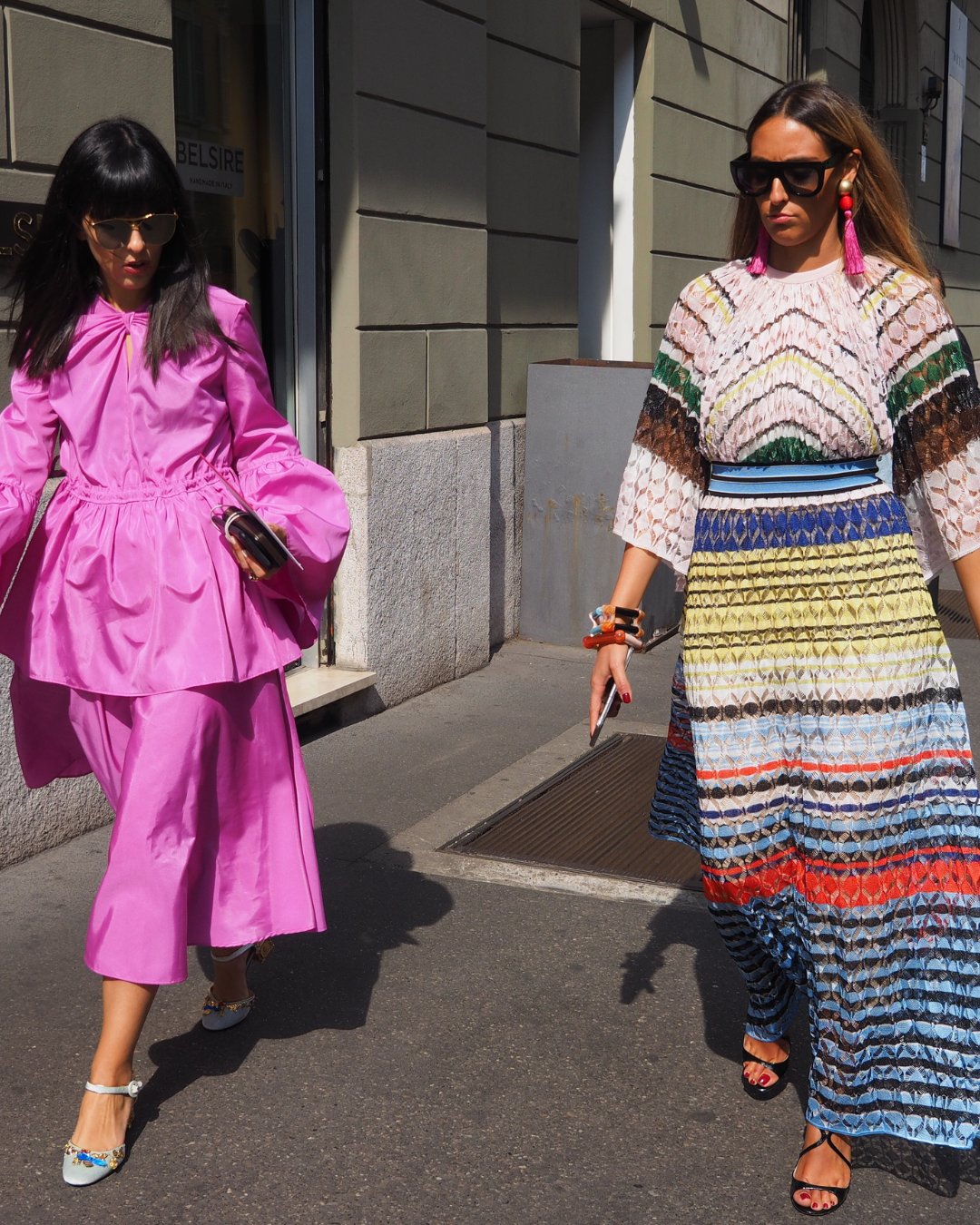Coach Targets Textile Waste in Coachtopia Holiday Campaign, Bangladesh Garment Workers Strike for Fair Wages
Photo-Illustration: by The Sustainable Fashion Forum; Photos: Shutterstock, Better Cotton, Coachtopia
Welcome to WEEK/END, a weekly roundup of sustainability news at the intersection of fashion, ethics, and business
Coach Targets Textile Waste in Coachtopia Holiday Campaign
The ad, titled “Have a Wasty Holiday,” emphasizes the estimated 43% increase in waste during the holiday season, aiming to promote sustainability in a festive spirit while bringing attention to textile waste. The campaign underscores the current fashion industry's linear model, where an estimated 85% of materials are either incinerated or end up in landfills.
The Coach brand found itself in hot water in October 2021 when a TikTok user accused the company of deliberately destroying unsold or returned handbags, which contradicted its sustainability message. This incident triggered a public backlash, leading Coach to pledge to cease the destruction of “unsalable” goods and instead adopt more eco-friendly practices. In the face of criticism, Coach launched a new line, Coach (Re)loved, featuring recycled and repurposed designs as a step towards a more sustainable business model. This transition paved the way for the inception of Coachtopia in April 2023, which embodies Coach's evolved sustainability ethos and is directed towards Gen Z and operates on a community-driven, circular craftsmanship model in line with Coach’s Made Circular™ design philosophy — a set of three principles that inform how the sub-brand designs, crafts, and reuses products.
Actor and Coachtopia community member Lola Tung stars in the campaign alongside a character named “Wasty,” made from leftover materials, as they endeavor to transform holiday waste into Coachtopia creations.
Bangladesh Garment Workers Strike for Fair Wages
Protests have intensified in Bangladesh over a pending minimum wage increase, with reports of at least two workers killed. Workers are rallying for a monthly wage increase to 23,000 takas ($208), a significant bump from most workers whose monthly wages start at 8,300 takas ($75), which hasn't been updated since 2018 despite inflation and currency devaluation. A wage board was anticipated to propose a new wage rate this week, but no announcement was made, although factory owners agreed to a higher minimum wage than previously suggested. This recent episode of protests mirrors past conflicts in 2013 and 2018 regarding wage increases, showcasing a recurring struggle between workers seeking higher pay and factory owners claiming an inability to afford it. The 3,500 garment factories in Bangladesh constitute about 85 percent of the country's $55 billion yearly exports, serving as suppliers to numerous leading global fashion brands. This conflict largely stems from brands, who, while advocating for fair wages, are unwilling to pay more for merchandise, pushing the financial strain onto local factories.
Better Cotton Unveils Tool for Cotton Supply Chain Visibility
Photo: Better Cotton | Eugénie Bacher. Harran, Turkey, 2022.
Better Cotton, a global non-profit and the world's largest cotton sustainability program, recently unveiled a novel traceability solution dubbed Traceable Better Cotton, aimed at bolstering transparency within the fashion and textile sectors. Designed to ensure compliance with emerging regulations while addressing the environmental and human rights impacts of cotton production, The Traceable Better Cotton initiative allows stakeholders to log input on the Better Cotton Platform to provide a comprehensive view of cotton's journey through the supply chain, from the fields to stores.
The initiative also lays a robust foundation for the forthcoming “Impact Marketplace” that aims to financially incentivize cotton farmers for their strides toward field-level advancements. It also paves the way for country-level Life Cycle Assessments to quantify the environmental impact of Better Cotton compared to conventional cotton and provide credible consumer and business-facing claims regarding the origin and impact of cotton use.
New Footwear Collective Targets Circularity
The Footwear Collective, spearheaded by Yuly Fuentes-Medel and supported by brands like Brooks Running, New Balance, and Crocs, is setting out to address the footwear industry's sustainability challenges. The initiative emerged from discussions at a 2022 circularity summit at MIT, highlighting the need for a collective approach towards a circular economy in footwear. With an ambitious agenda, The collective's goals are threefold: fostering the creation and supply chain development of sustainable materials, paving the way for scalable circular infrastructure to maximize value retrieval from waste products, and engaging consumers to embrace circular consumption as a lifestyle norm. Learn more about the collective.
Gucci Launches First Bag in Animal-free Demetra Material
Gucci launched an iteration of the House's Horsebit 1955 bag made from Demetra, an animal-free material with 75% plant-derived raw material sources, including wood pulp and bio-based polyurethane. Developed by Gucci after two years of R&D, Demetra represents an alternative to leather that, according to the luxury house, can be scaled without volume limitations and used across various product categories.
Patagonia Spearheads London Repair Center to Boost Fashion Sustainability and Job Creation
Patagonia has partnered with two European social impact organizations to open the United Repair Centre London (URC), a facility dedicated to fashion repairs. The center, which opened in Haringey, London, is a collaboration between the United Repair Centre of Amsterdam, British non-profit Fashion-Enter, and Patagonia. It aims to train and employ individuals, including refugees, in clothing repair following the success of a similar facility in Amsterdam. URC London, housed at Fashion-Enter's facility, will also help preserve 15 jobs that were at risk due to offshoring of production by U.K. retailers.
The London center, focusing initially on repairs for Patagonia products, hopes to match the Amsterdam center's capacity of 30,000 repairs annually by 2025. It will receive support from the British Fashion Council’s Institute of Positive Fashion and the Ellen MacArthur Foundation. This initiative is part of Patagonia's long-term commitment to sustainability and promoting a circular economy in fashion, aligning with its practice of offering free repairs and selling used and vintage items. Patagonia aims to scale its impact and encourage other clothing companies to integrate circularity into their business models.











